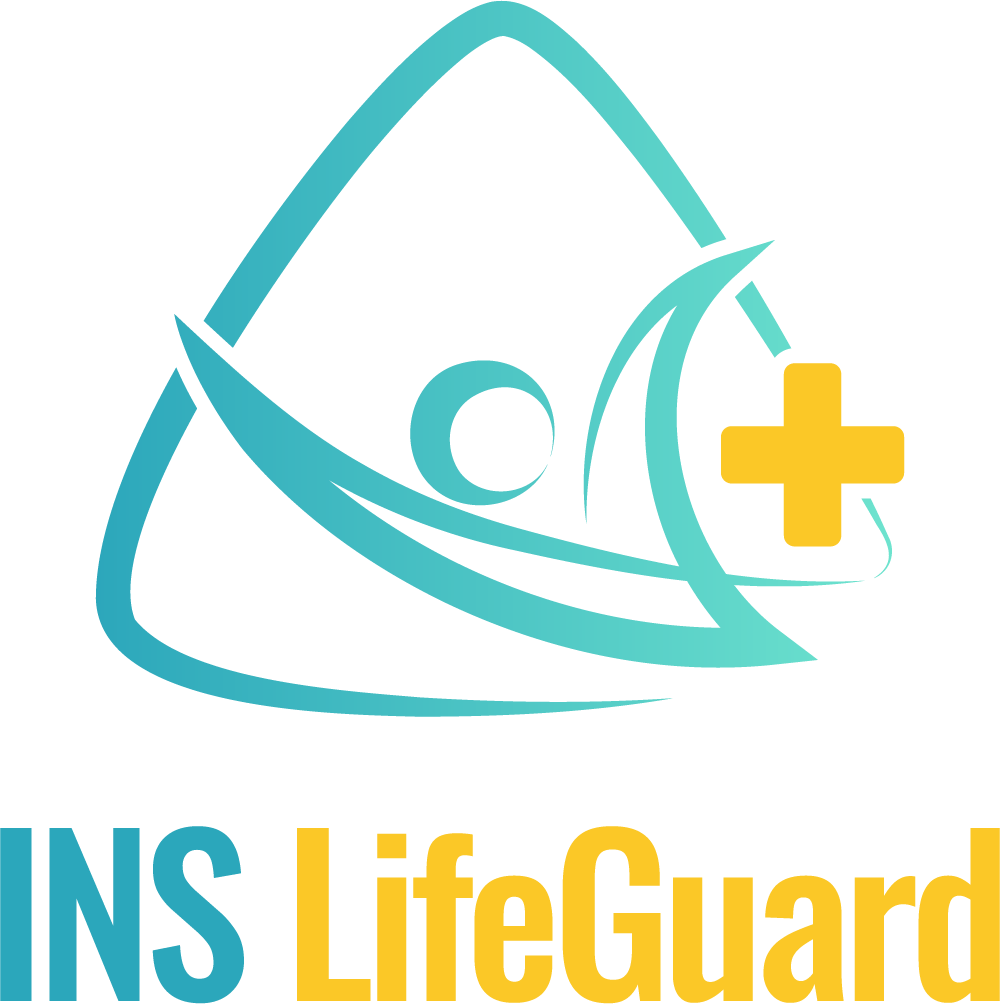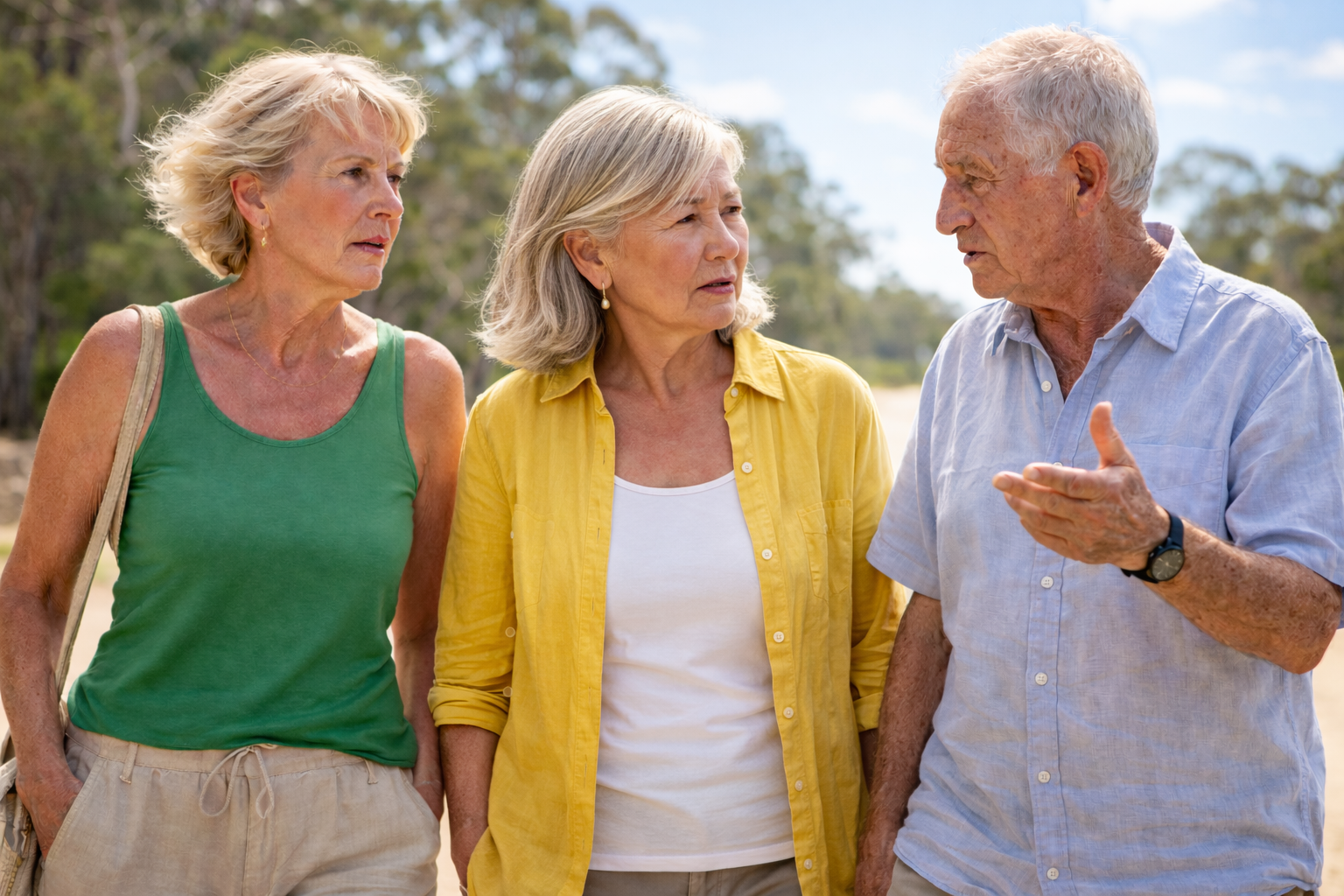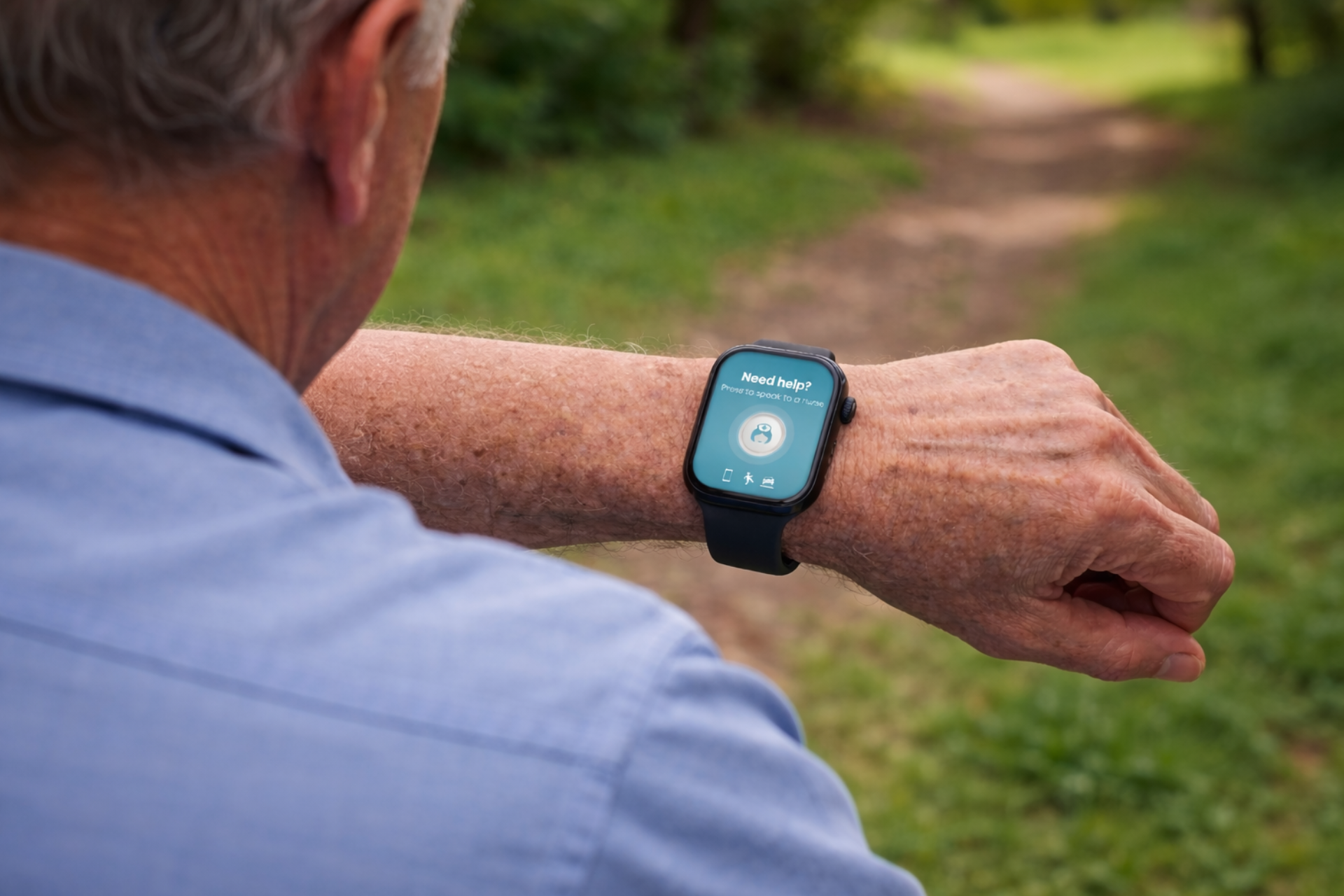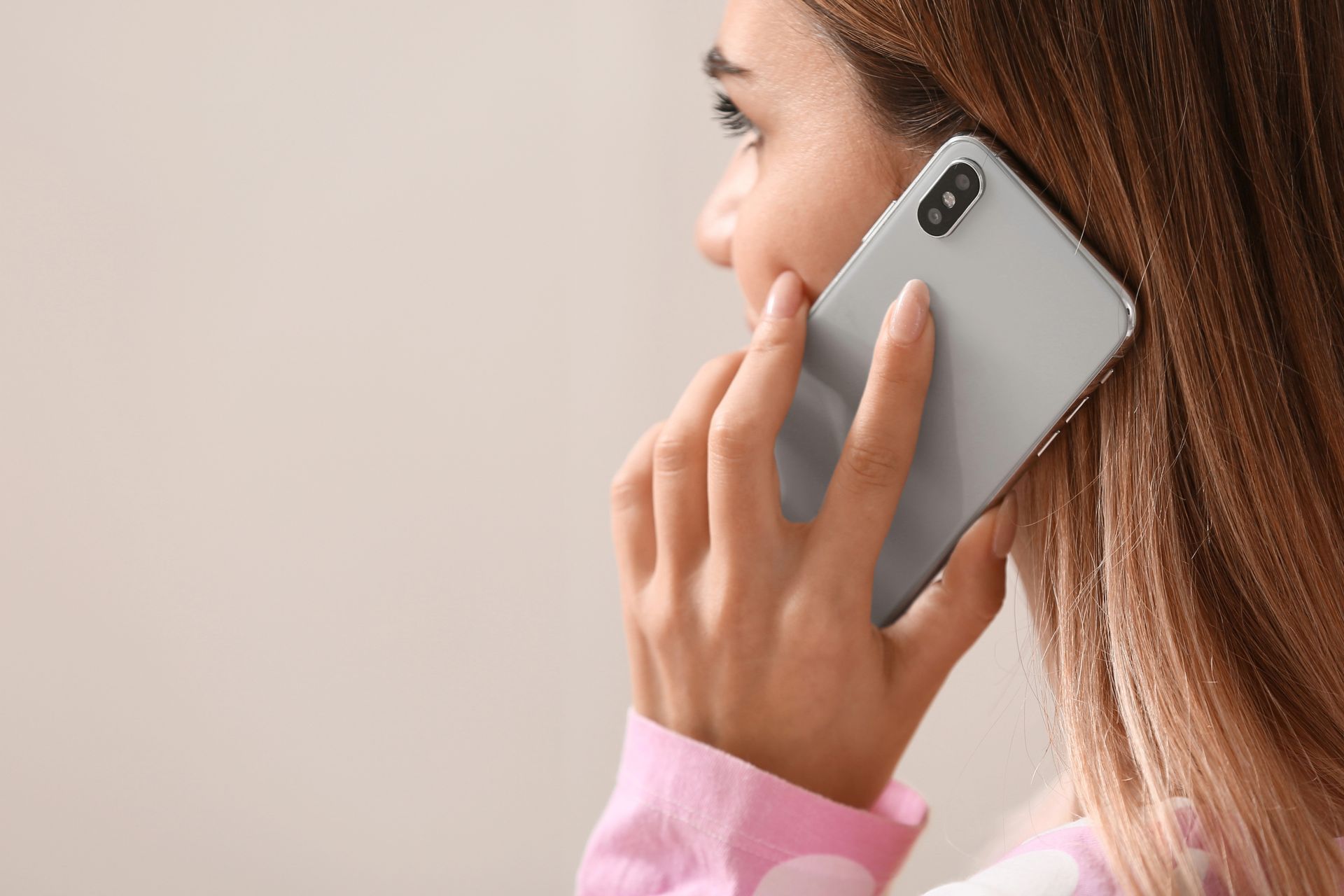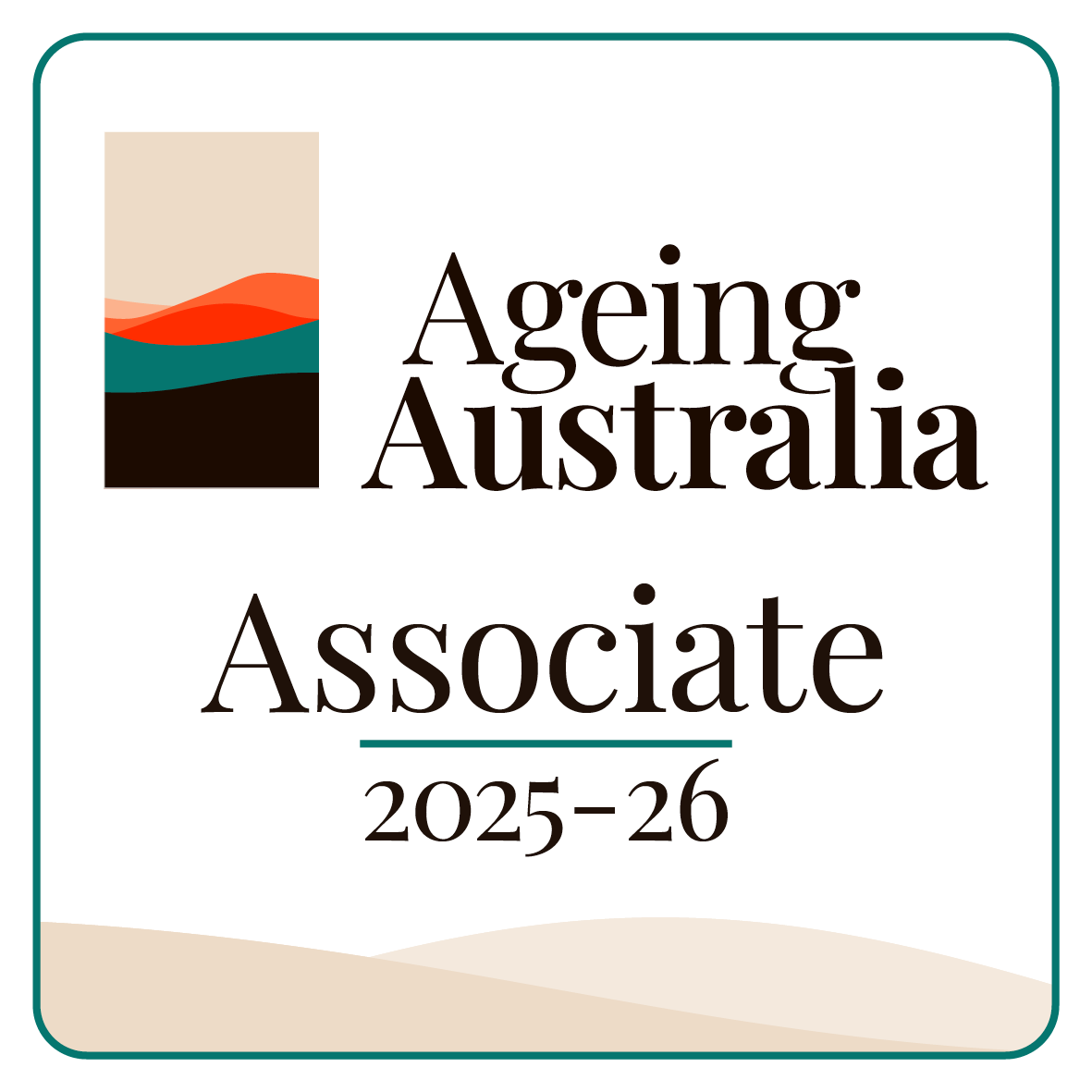Have a Question?
Lyme-Like Illness in Australia: What You Need to Know

A 2025 Senate inquiry has once again placed the spotlight on a controversial health issue in Australia: Lyme-like illness. While Lyme disease is well-recognised in other parts of the world, particularly North America and Europe, its existence in Australia remains a topic of hot debate. However, a growing number of Australians are reporting debilitating symptoms that closely resemble Lyme disease despite never having left the country.
What Is Lyme Disease?
Lyme disease is an infectious disease caused by the bacterium Borrelia burgdorferi, which is transmitted to humans through the bite of infected black-legged ticks (commonly known as deer ticks). It is most prevalent in North America, Europe, and parts of Asia.
Early symptoms typically develop within 3–30 days after a tick bite and can include:
- A distinctive “bullseye” rash (erythema migrans)
- Fever and chills
- Fatigue
- Muscle and joint aches
- Swollen lymph nodes
If left untreated, the infection can spread to joints, the heart, and the nervous system, leading to more severe symptoms such as:
- Facial palsy
- Severe headaches and neck stiffness
- Irregular heartbeat
- Dizziness or shortness of breath
- Cognitive issues such as memory problems or difficulty concentrating
Antibiotics are the standard treatment, and early intervention usually leads to full recovery. However, some people continue to experience lingering symptoms, a condition known as Post-Treatment Lyme Disease Syndrome (PTLDS).
The Inquiry: What’s New in 2025
The Senate inquiry into tick-borne illnesses revisited longstanding concerns raised by patients, clinicians, and advocacy groups. The findings:
- No conclusive evidence of Borrelia burgdorferi (the bacterium that causes classical Lyme disease) has been found in Australian ticks
- Despite this, thousands of Australians report Lyme-like symptoms such as fatigue, joint pain, neurological issues, and cognitive fog
- The inquiry called for increased research into other possible tick-borne pathogens and the development of improved diagnostics and treatment protocols
What Are Lyme-Like Illnesses?
“Lyme-like illness” refers to a complex cluster of symptoms that resemble Lyme disease, including:
- Chronic fatigue
- Migrating joint or muscle pain
- Headaches
- Brain fog or memory issues
- Skin rashes
- Heart palpitations
These symptoms often follow a tick bite, though many patients don’t develop the classic “bullseye” rash. The lack of definitive testing has led to frustration for both patients and practitioners.
What the Medical Community Is Saying
Federal health authorities maintain that there is no proven local source of Lyme disease. However, bodies such as the NSW Health Department and the Royal Australian College of General Practitioners (RACGP) have acknowledged that people are suffering from persistent, tick-related illnesses and require appropriate care.
The RACGP has advocated for:
- Improved diagnostic tools to identify emerging or misunderstood pathogens
- Patient-centred care based on symptoms, not just lab results
- Better training for GPs to manage chronic, multi-system presentations
Why This Matters
This issue is particularly relevant for:
- People in regional or bushland areas
- Outdoor workers or gardeners
- Anyone who has experienced chronic, unexplained illness after a tick bite
With no standard test or treatment pathway, patients often feel dismissed, leading to delayed care, mental distress, and unnecessary suffering.
Early Symptom Monitoring Matters
Given the elusive nature of Lyme-like illnesses, ongoing health tracking is critical. Subtle signs, such as a change in gait, oxygen levels, or cognitive alertness, may appear before symptoms escalate.
That’s where INS LifeGuardian® can help.
With just a compatible smartphone and smartwatch, the INS LifeGuardian® personal alarm app transforms your device into a powerful personal health and safety system. Our nurses monitor your well-being 24/7, providing real-time oversight and support.
It offers:
- Continuous monitoring of vital signs and movement
- Automatic alerts for sudden changes in health patterns
- 24/7 nurse triage and support when readings are abnormal or help is requested
- Shared health data to assist GPs, carers, and families in clinical decision-making
Final Word
Whether Lyme disease exists in Australia is still a matter of debate. However, what is clear is that Australians are contracting illnesses after being bitten by ticks, and many aren’t receiving the necessary care.
The 2025 Senate inquiry is a step toward better recognition, research, and support. In the meantime, early detection, consistent monitoring, and symptom validation remain the best tools for those affected.
Want to see how INS LifeGuardian® can support your health?
Start a
free trial here or speak with one of our friendly team members by calling 1800 636 040.

About
INS LifeGuard is the only 24/7 nurse on-call personal and medical monitoring in Australia. We provide monitoring technology for both in the home and on the go and can also monitor other provider's equipment. Our services are suitable for anyone wanting support to stay independent such as the elderly, those with medical conditions and disabilities plus enhancing safety and security for lone workers.
